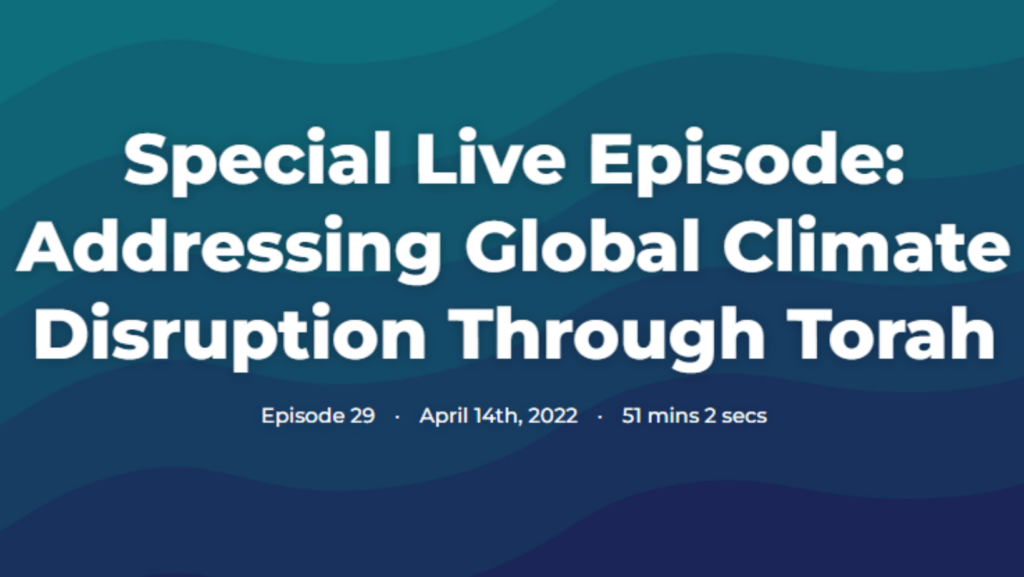
Listen: Torah and Climate Disruption
In this podcast, Rabbi David Seidenberg teaches that the central purpose of the Torah is to ensure that people live in harmony with the environment and other living things.

In this podcast, Rabbi David Seidenberg teaches that the central purpose of the Torah is to ensure that people live in harmony with the environment and other living things.
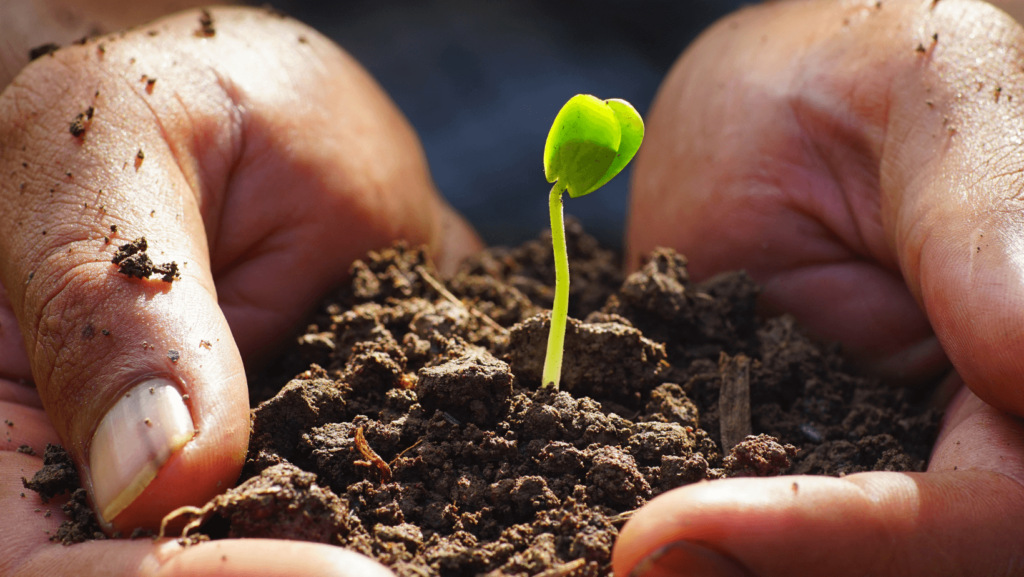
This ritual, for planting a tree in honor of a child, is a physical act that cultivates the celebration of new life. It also symbolizes the interconnectedness of living beings.
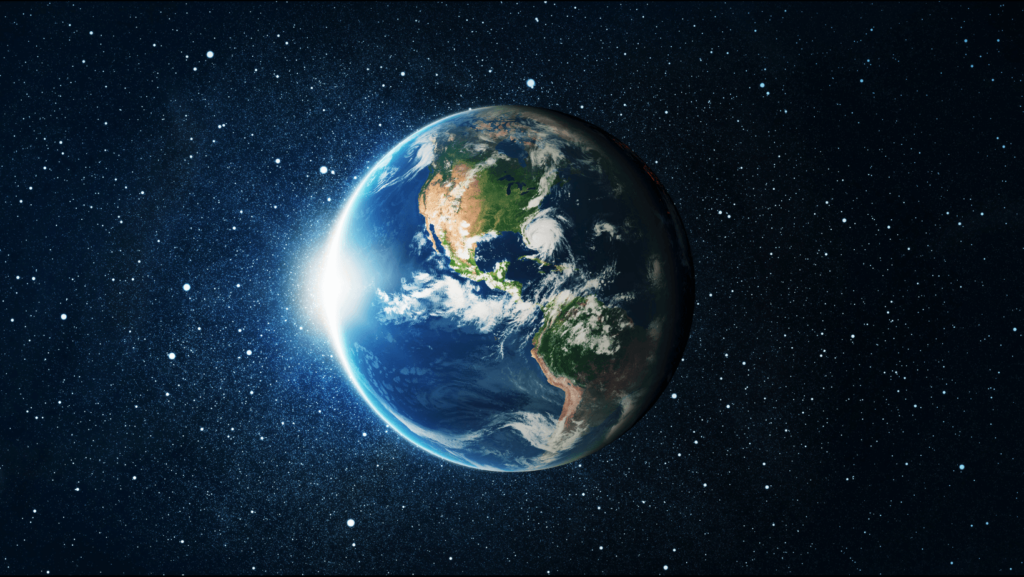
Writing about climate crisis and environmental racism, Rabbi Julie Greenberg reminds us to say “Yes” to life, to love and to nature — to be fully human and in community with others even as we face unprecedented challenges.
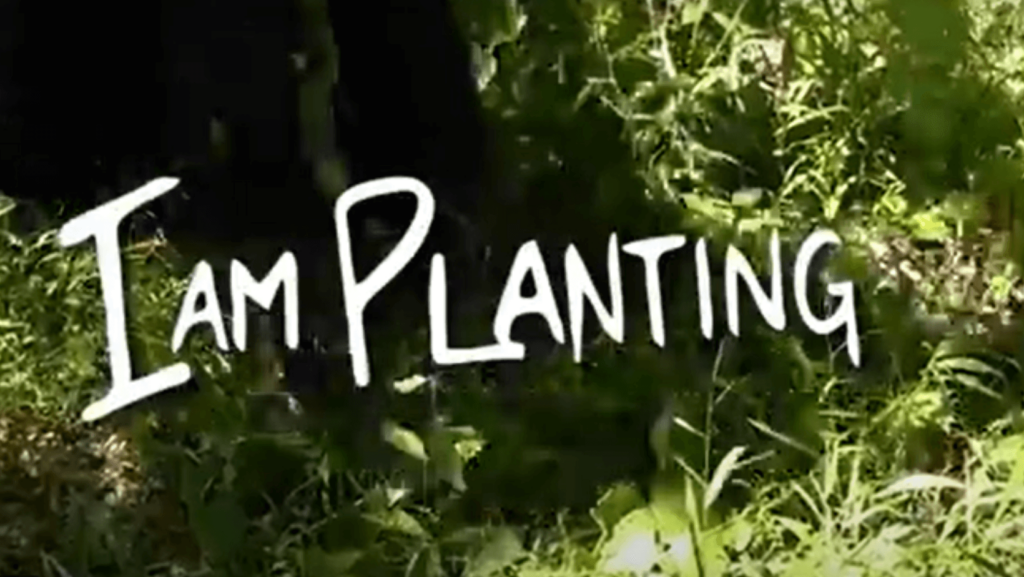
This original music video honors the literal act of planting as well as the metaphorical planting undertaken by each generation to create flourishing Jewish communities.
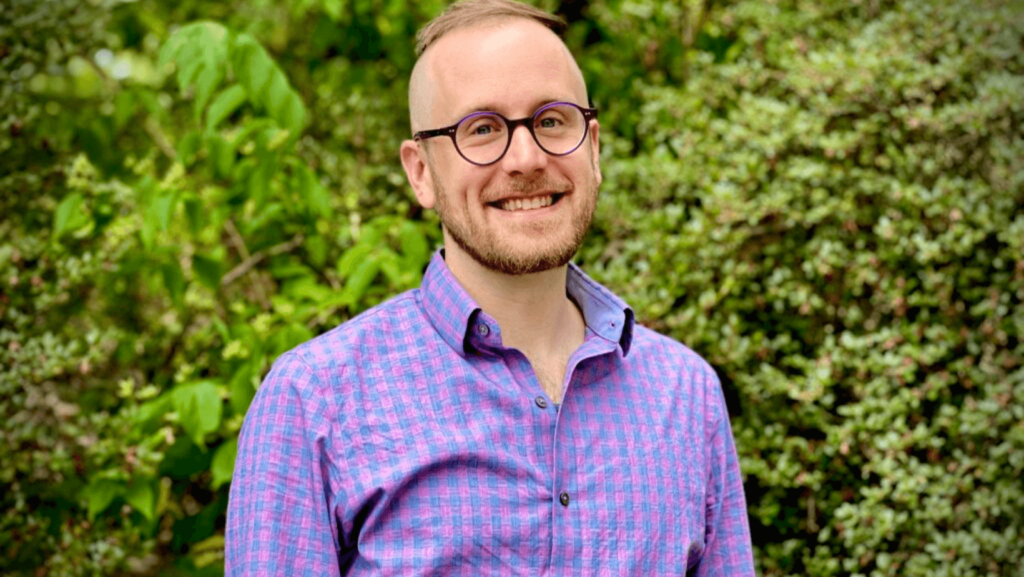
Rabbi Alex Weissman’s inspiring journey brought him to the Reconstructionist Rabbinical College as a student. Now he’s back to teach future rabbis.

The Reconstructionist movement calls for collective teshuvah and repentance. Read about the democratic, deliberative process behind this moral call for reflection and action.
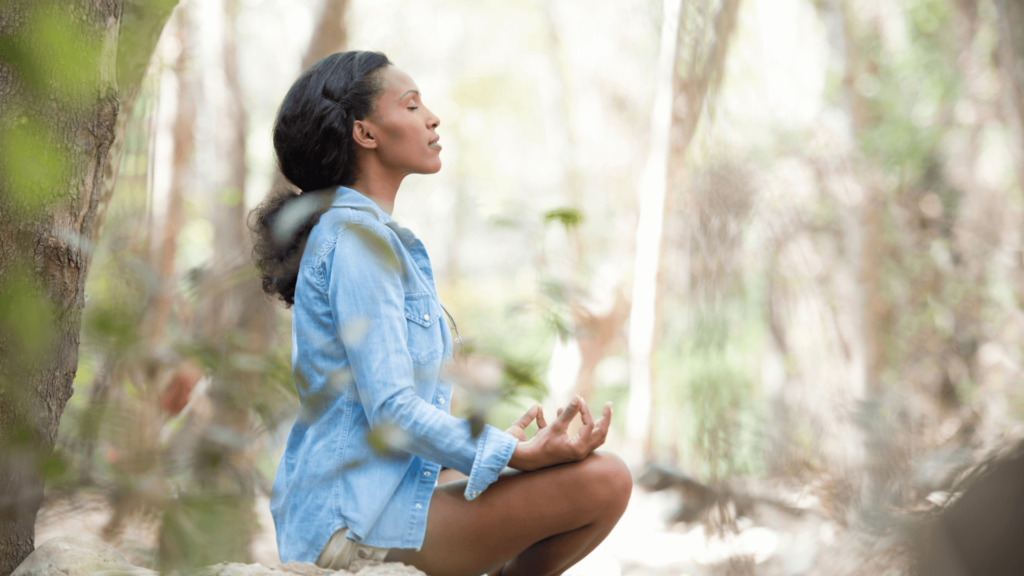
Created for the purpose of a Tu B’Shvat seder, this ritual explores the kabbalistic symbolism of the number four. Specifically, the four elements: Earth, water, fire and air.
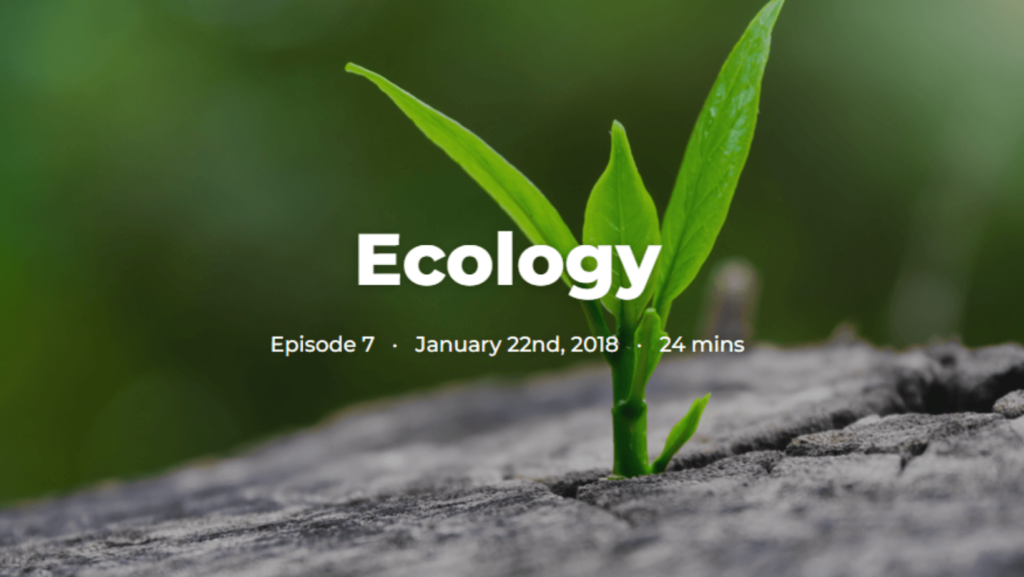
In this podcast, Rabbi Fred Scherlinder Dobb and Rabbi Deborah Waxman explore the ways in which Jewish tradition and ecological consciousness provide compelling models for resilience and sustainability.
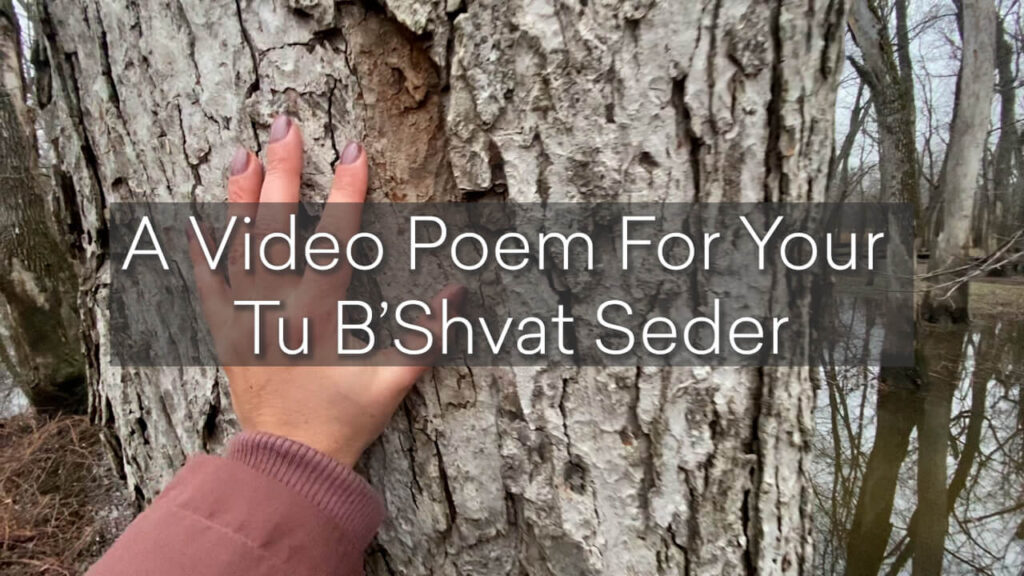
Poet Hila Ritzabi, who leads Ritualwell.org, offers a little Tu B’Shvat 101 and then steps into the great outdoors to recite a powerful poem about climate change and the redemptive power of nature. It is sure to enhance your observance of the New Year of Trees.